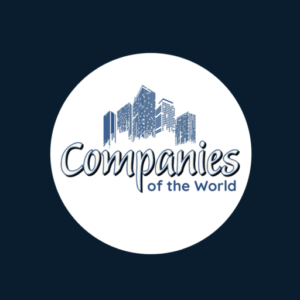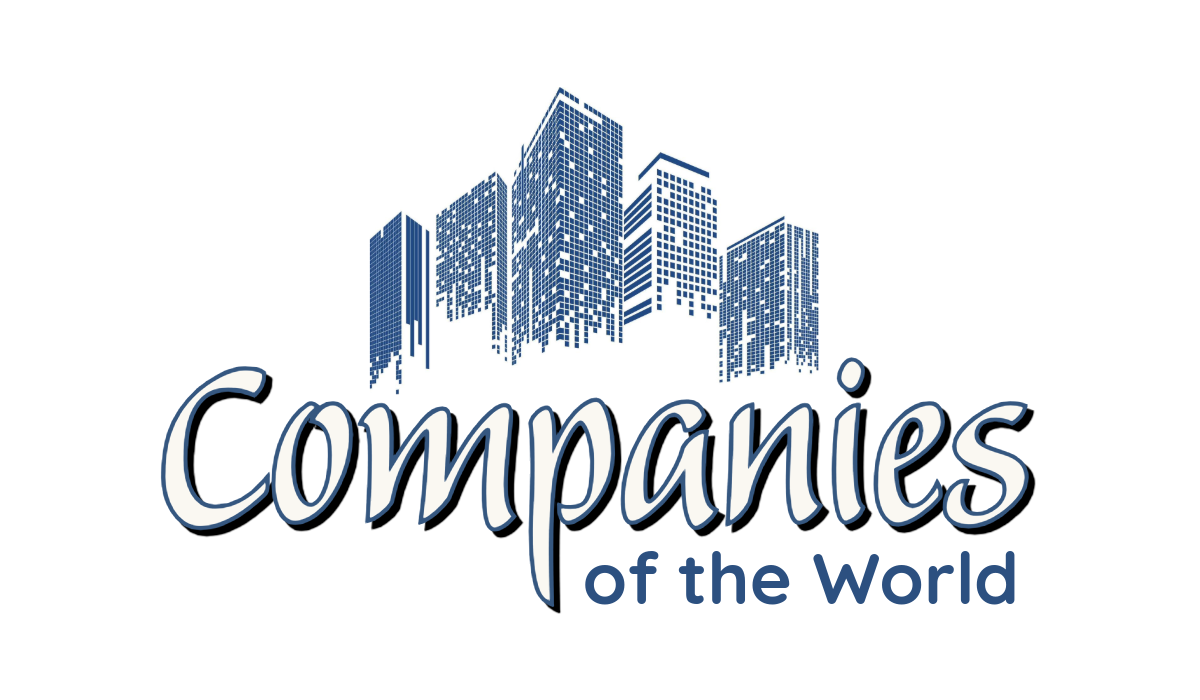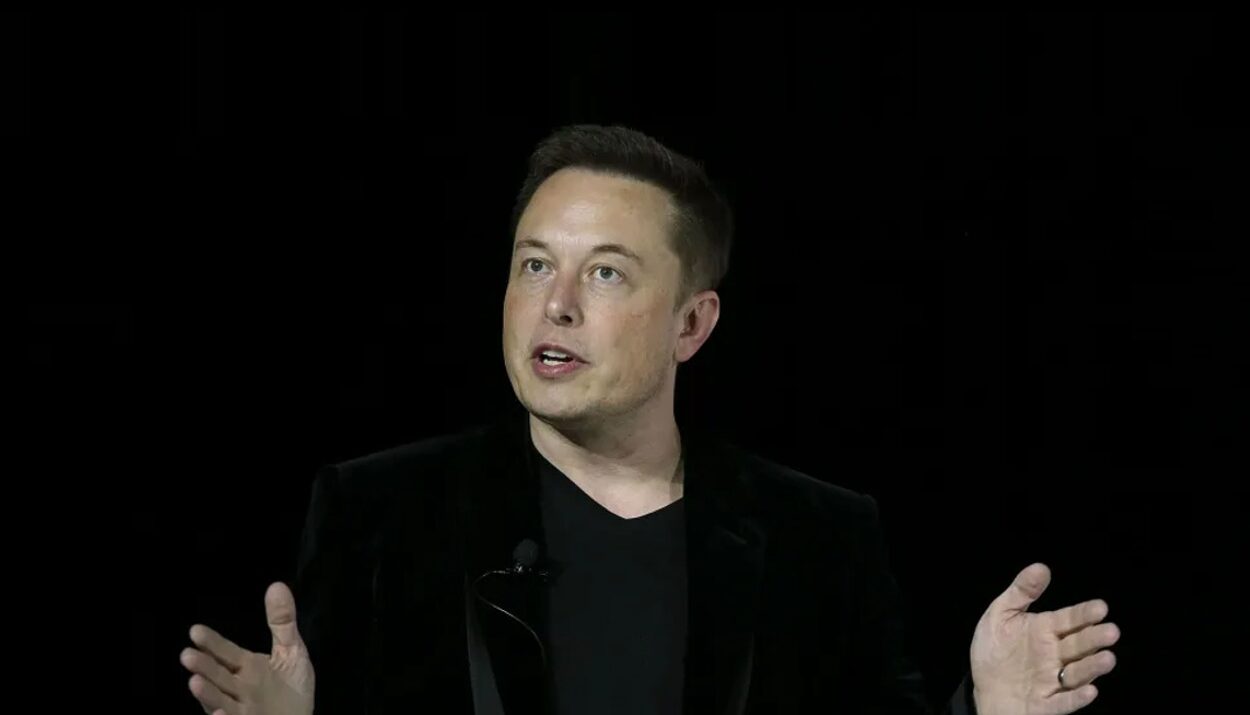Several groundbreaking tech companies across various industries contribute to Elon Musk’s multi-billion dollar business portfolio. The tech entrepreneur holds the top spot on the Forbes list of the richest billionaires in the world, boasting a net worth of $234 billion as of July 2024.
The majority of Elon Musk’s fortune comes from his substantial ownership in 5 multi-billion dollar companies, namely; Tesla Inc., SpaceX, Neuralink, the Boring Company, and X, formerly Twitter. He is the largest individual shareholder in each of these companies.
Here’s an in-depth look at Elon Musk’s multi-billion dollar companies.
1. Tesla, Inc.
Tesla is perhaps the most famous of Musk’s ventures. Founded in 2003, the electric vehicle and clean energy company aims to accelerate the world’s transition to sustainable energy. With innovative products like the Model S, Model 3, and Solar Roof, Tesla has become a leader in the EV market.
Musk joined Tesla as an early investor in 2004. He immediately became chairman after the company’s initial $7.5 million Series A funding round, where he contributed $6.5 million.
As of July 2024, Tesla’s valuation is approximately $700 billion. Elon Musk owns around 13% of Tesla’s shares worth over $90 billion. This makes him the largest individual shareholder and a driving force behind the company’s vision and strategy.
Tesla is the world’s most valuable car company, followed by Toyota in second place. Toyota’s market capitalization in July 2024 was $277 billion, which is less than half of Tesla’s $700 billion valuation.
Interestingly, carmakers like Toyota, Mercedes, Volkswagen, and BMW have consistently posted better earnings than Tesla, leading to criticism that Tesla’s share prices are inflated.
Elon Musk has however succeeded in keeping Tesla’s share prices above the industry by selling hope that the advent of Optimus humanoid robots and Robotaxis (whose successful developments Tesla is heavily banking on) will “take the valuation to a pretty crazy number.”
April 2024 saw Elon Musk doubling down on Tesla’s anticipated launch of its full-self driving (FSD) software setting a deadline of December 2024 and reiterating its potential as a major revenue driver. However, the billionaire has announced such launch dates in the past, but never followed through on them.
Tesla Energy: In 2016, Tesla acquired SolarCity for $2.6 billion, integrating it into its energy products division and renaming it Tesla Energy.
Originally, SolarCity was founded in 2006 by Musk’s cousins Lyndon and Peter Rive as a solar energy services company, with Musk serving as chairman and providing significant funding and strategic direction.
Tesla Energy provides renewable energy solutions like solar panels and battery systems for end users. Their key offerings include Megapack, a large-scale battery storage system for utility companies, and Powerwall, a residential energy storage solution.
2. SpaceX
In 2002, Elon Musk invested $100 million of his own funds into Exploration Technologies Corp, better known as SpaceX, with the ambitious goal of reducing space transportation costs to enable the colonization of Mars.
SpaceX has revolutionized space travel with reusable rockets like the Falcon 9 and the development of the Starship.
The company is worth approximately $140 billion, and Musk owns about 44% of it, which is valued at a cool $70 billion.
Musk’s leadership has been crucial in achieving significant milestones, including the first privately funded spacecraft to reach the International Space Station.
Starlink: Another of SpaceX’s breakthroughs is Starlink, a constellation of low-Earth orbit satellites that provide global high-speed internet coverage. Established in 2015, Starlink has an estimated value of $50 billion.
3. Neuralink
Founded in 2016, Neuralink aims to merge the human brain with artificial intelligence through brain-machine interface technology. It aims to create direct communication pathways between the human brain and computers, potentially revolutionizing the treatment of neurological conditions and enabling advanced human-computer symbiosis.
Neuralink’s valuation is estimated at $5 billion with Musk owning about 90% of the company.
At the beginning of 2024, Elon Musk shared a video on his social media site, X, featuring a quadriplegic individual who could play video games like Chess and Civilization using only their mind after receiving a Neuralink brain implant.
4. The Boring Company
The Boring Company, established in 2016, focuses on infrastructure and tunneling services. Its mission is to alleviate urban traffic congestion through underground transportation systems.
The company gained attention with projects like the Las Vegas Convention Center Loop. Valued at around $5.7 billion, Elon Musk owns 90% of The Boring Company, leveraging his expertise to push the boundaries of urban transportation.
5. X (Twitter)
In 2022, Elon Musk acquired Twitter for $44 billion before rebranding it to X. He sold off billions in Tesla stock and teamed up with several equity investors such as Qatar Investment Authority to raise $33.5 billion towards this acquisition.
The balance of $10.5 billion was financed with debt. Companies of the World estimate that Elon Musk owns upwards of 70% of the company’s shares.
Much as the company is no longer publicly traded, X has seen a tremendous drop in value, as assessed by filings of some of the equity investors like Fidelity, with recent valuations placing the company at $14.1 billion, representing a 68% fall in value from the original purchase price.
Elon Musk’s early entrepreneurial journey
Musk was born in South Africa to an engineer father and a fashion model mother. Growing up, he was always fascinated with computers.
When he was 10, he started programming computers and became so good that, at 12 he created and sold his first galactical computer game, Blastar.
When he was 17, Elon relocated to Canada with his mother and enrolled at Queen’s University. After two years, he switched to the University of Pennsylvania where he graduated with a bachelor’s degree in Physics and Economics.
Elon Musk’s real entrepreneurial journey began in 1995 when he co-founded Zip2 with his brother, Kimbal, and partner, Greg Kouri. Zip2 developed software for online city guides for newspapers.
In 1999, Compaq bought Zip2 for $307 million, earning Musk $22 million for his 7% share.
After selling Zip2, Musk founded X.com, investing $12 million in an online payment company that would later merge with Confinity to become PayPal.
The e-commerce platform eBay purchased PayPal for a whopping $1.5 billion in 2002, with Musk checking out with $165 million from the sale.
The PayPal payout only heightened Elon Musk’s strategy of founding or investing in small tech startups that eventually grow into multi-billion dollar companies like Tesla and SpaceX.
Other companies that have been associated with Elon Musk
Elon was equally an early investor and supporter of DeepMind Technologies (an AI company focused on developing algorithms that can learn from raw data), before it was acquired by Google in 2015.
In 2017, Elon Musk and several former Onion writers co-founded Thud, a media company that was to create satirical content, but it was eventually shut down in 2019.
Alongside Sam Altman and Greg Brockman, Musk was co-founder and early funder of OpenAI, the entity behind ChatGPT, but stepped down from the board in 2018 following a falling out over the organization’s control and strategic direction. Musk has since launched xAI as a direct competitor to OpenAI.






